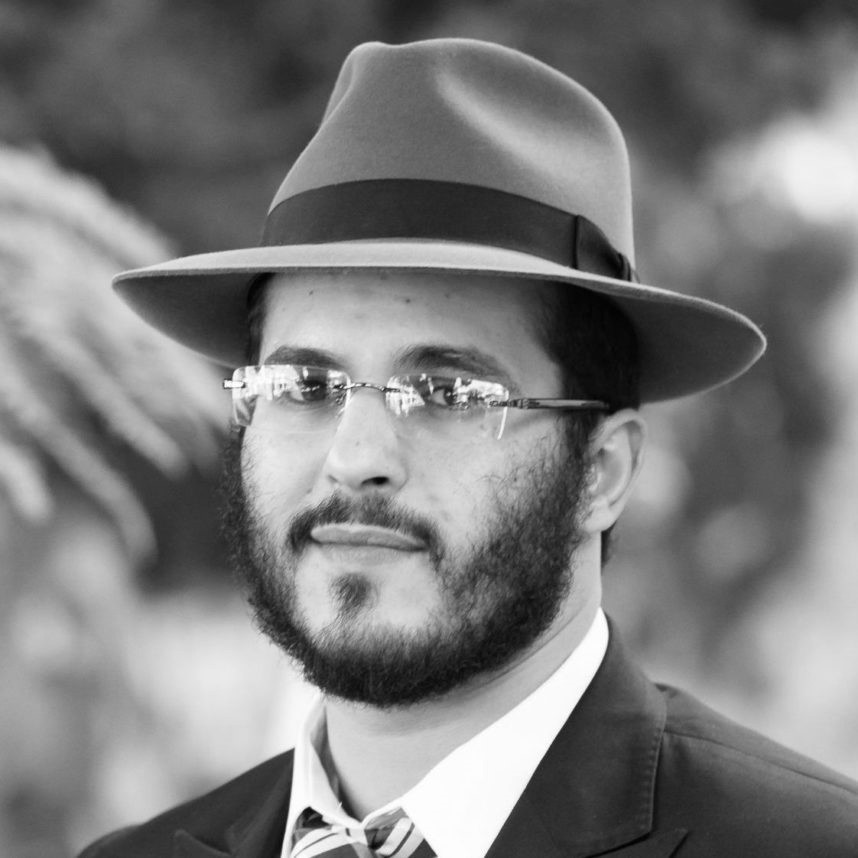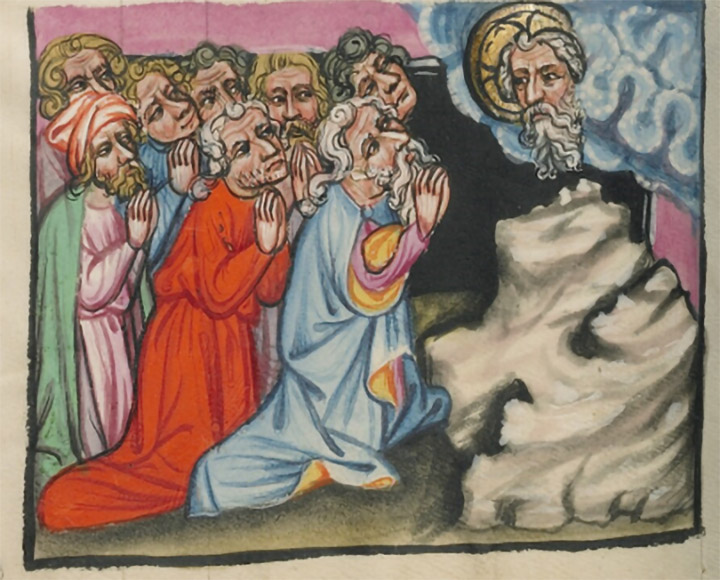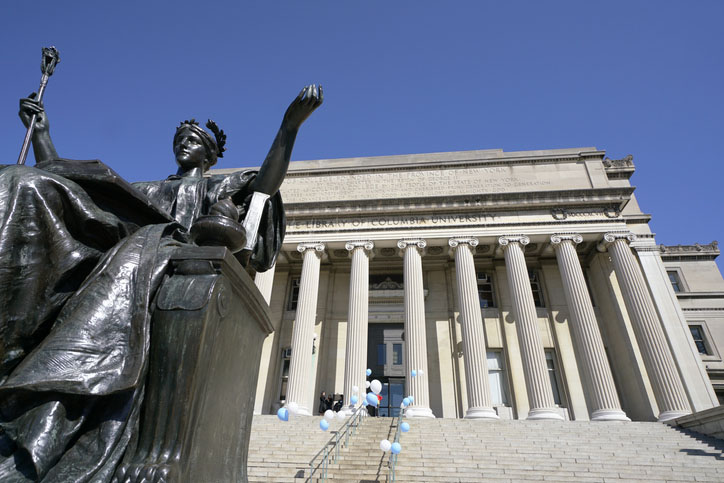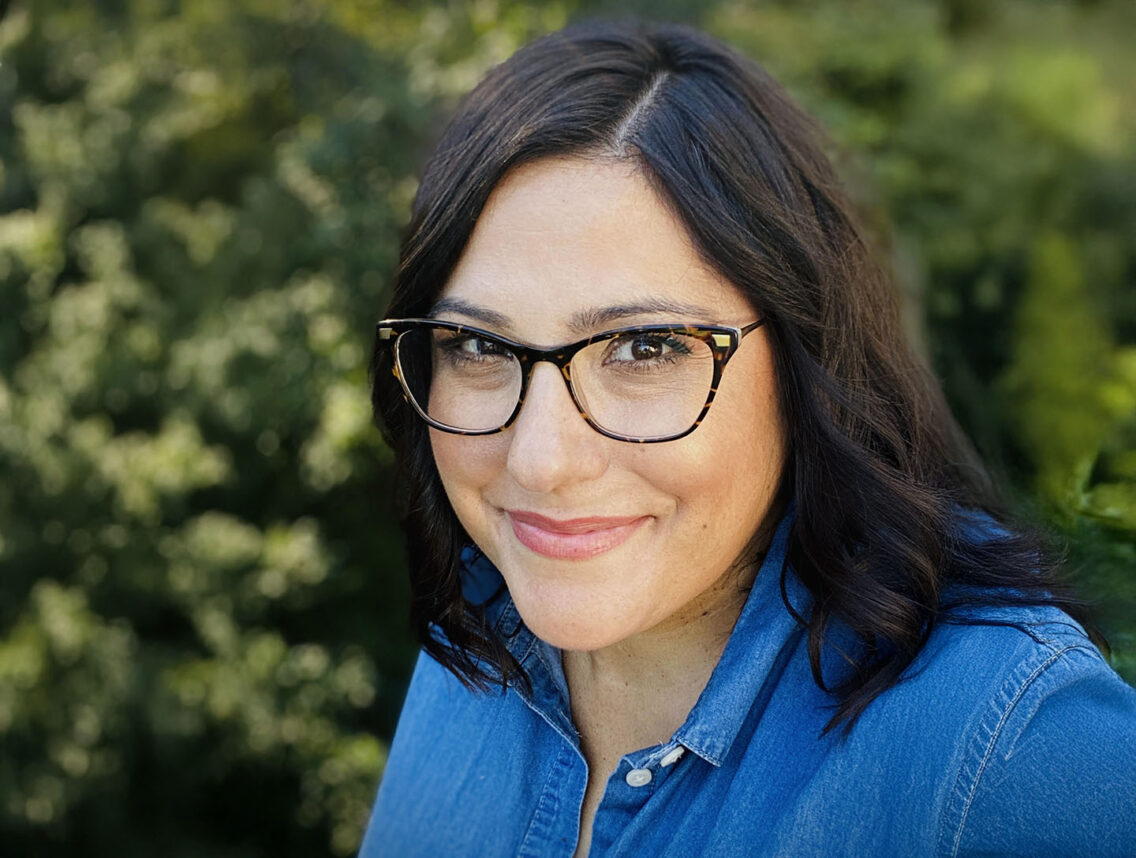
I am a Rabbi, community leader, and parent to young children; the health of my family and community is extremely important to me. The rising cost of medicine and access to healthcare are concerns we face. I constantly worry about the cost associated with maintaining a healthy life and saving money when I visit the pharmacy is meaningful to my annual budget. I worry about the impact of politics and state interference, and how that would worsen the challenges we already face in obtaining affordable medication. Access to affordable medicine is something we cannot take for granted, and it is vital that our community is aware that special interest groups would like to significantly alter the way in which pharmacy benefit managers, also known as PBMs, are allowed to operate in the state. I know that I am not alone with these concerns; that so many in our community face the same struggles and worse- that some among us cannot afford the cost of medicine as it is. It is crucial that we are aware and informed about any potential changes to our options.
PBMs are an important part of what we all know to be a highly complex healthcare system. Their primary function is to partner with health plans, unions, or companies that are self-insured to negotiate lower drug prices for those who are insured through those organizations.
Whether a person is analyzing the issue from the perspective of directly benefiting at the pharmacy counter or through the savings that come with taxpayer-funded programs like Medi-Cal, it is easy to see how vital these savings for all communities that rely on prescription drugs, and can’t afford to see prices soar.
When it comes to PBMs in California, the legislature and the governor need to consider the concerns of individuals who are members of PBMs when making decisions about these programs. These patients rely on the work of PBMs, whose advocacy work pushes back against the tactics of Big Pharma to gouge up the price of drugs.
As a faith leader, I want to get involved in this conversation. It is my hope that the governor will look to groups like my own and listen to a myriad of voices before coming to any decision on the work of PBMs in the state.
Faith leaders have an obligation to advocate for the people in their community. Someone like me, a faith leader who has directly benefited from a PBM and seen the price difference, should be allowed to advocate for my community and family–those who rely on these patient advocates for affordable medicine.
We are a diverse community made up of all ages and across all socioeconomic lines. We are the elderly, families with many children, Holocaust survivors, and like so many others, we face many bumps in the road to good health. Many in our community, especially the elderly or those dealing with complex medical issues, take multiple medications and see many doctors. PBMs play a key role in keeping those medications affordable and accessible for those who need it most.
It’s not a secret that when it comes to Big Pharma, they are working for whatever benefits their coffers—not the patients. Ultimately, drug manufacturers alone set the price of medication; they can and do raise the price of a given drug at any time by any amount, often multiple times per year, regardless of whether its been on the market already for decades. PBMs work to end Big Pharma’s games and work on behalf of consumers to guarantee access to affordable prescription. If PBMs don’t have the flexibility to negotiate lower prices, patients will see their premiums or out of pocket costs – or both – go up. If California were to restrict the tools that PBMs have at their disposal to negotiate better deals for consumers, I worry about the impact on our community. The last thing I want to see is prices of medications to rise; God forbid it mean the difference between picking up the prescription or going without. This worries me most, that members of our community will resort to medication rationing should their prescriptions go up in cost. Such behaviors could lead to future expensive health care, like emergency room visits.
I welcome a well-balanced debate on the issue of PBMs; which makes it imperative that both the governor and legislature consider all voices on this issue making any long-lasting decisions or laws about these programs. The Jewish community needs to remain vigilant about these current debates in the state—if we don’t advocate and speak up for continued access to affordable medication, the effects might be devastating to our community. When it comes to matters as essential as our ability to afford medication, and to provide adequate care to our families, we cannot afford to look away.


































